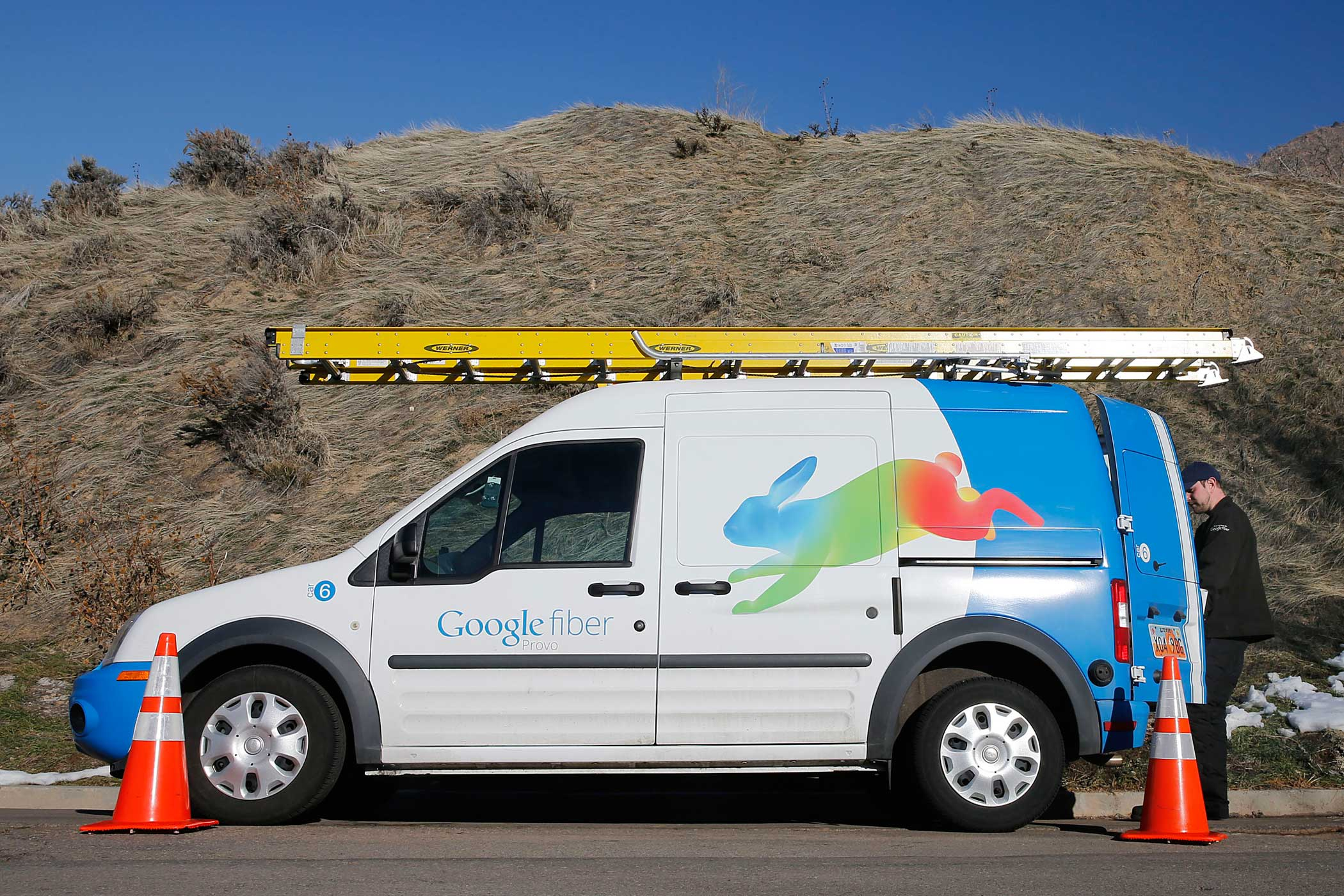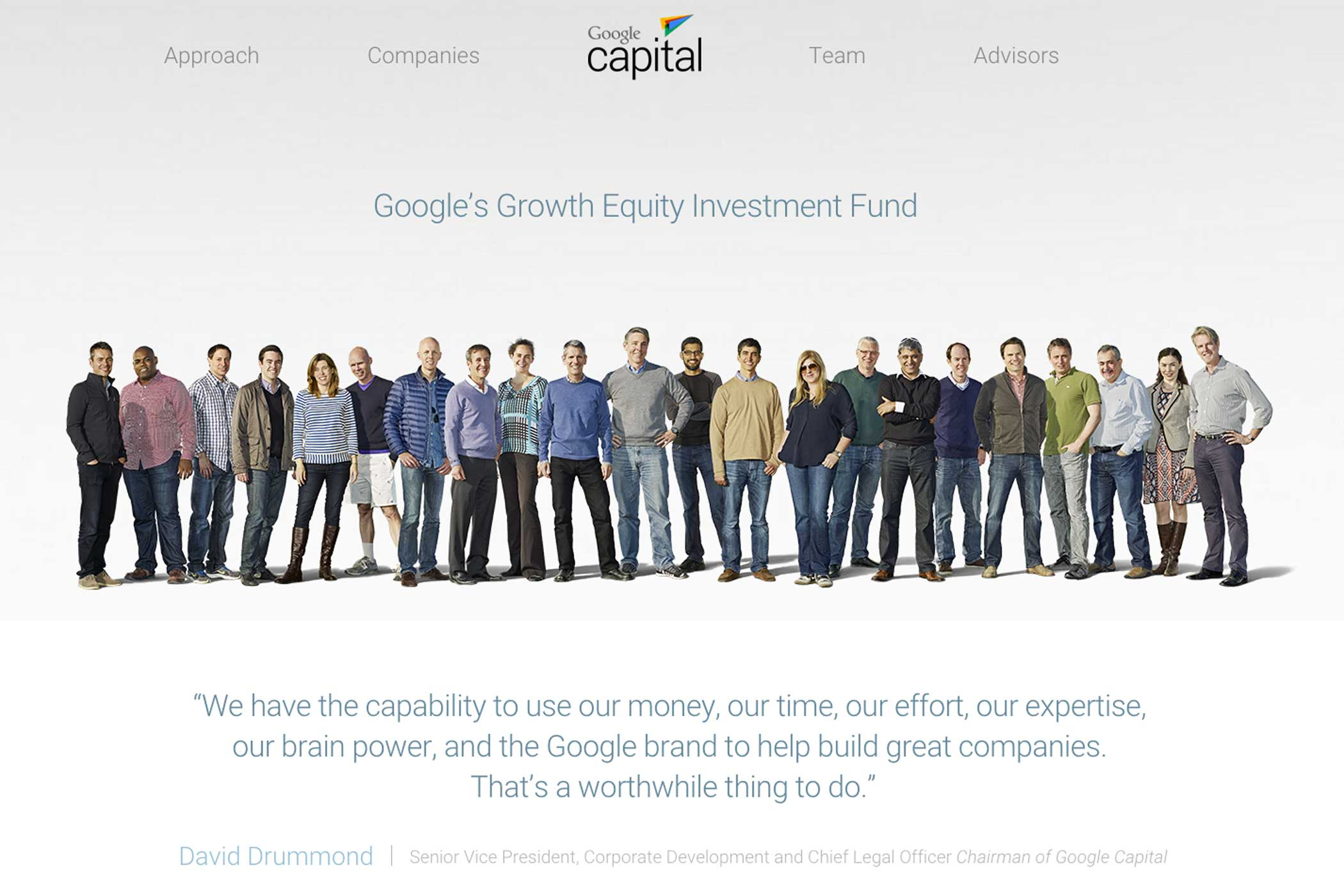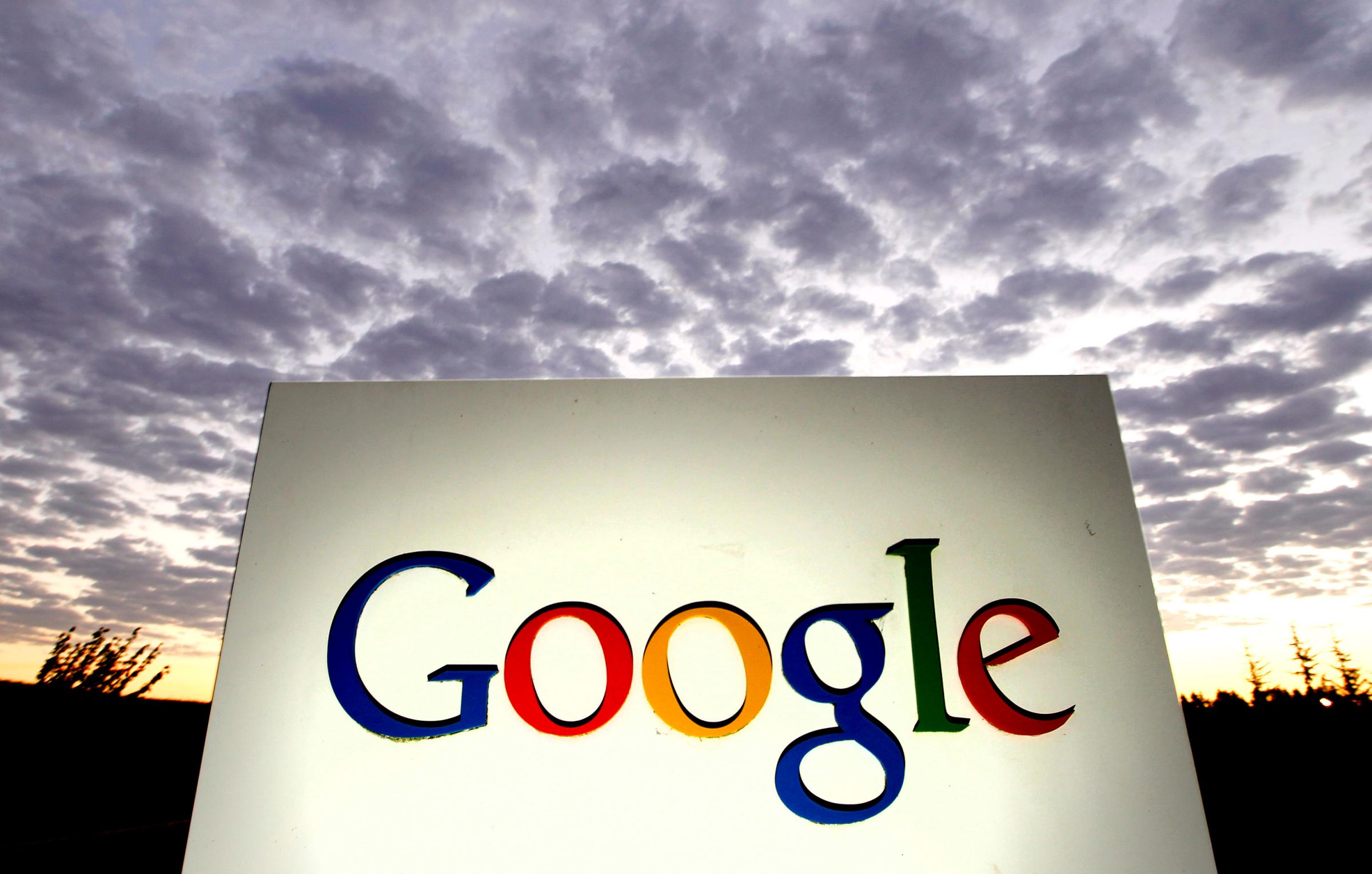In a surprise announcement Monday, Google co-founder Larry Page said the company’s leaders are turning it into a subsidiary of a new holding company called “Alphabet.” Page will serve as Alphabet’s CEO, with fellow Google co-founder Sergey Brin as president; Google’s current vice president of products Sundar Pichai is taking over as CEO of Google.
The news is momentous—and also a little confusing. The question now is, why?
That Google is no longer just a search company has been evident for a long while. Though its mission has always famously been to organize all the world’s information, the company has increasingly gotten into more and more disparate lines of business—when new ventures were businesses at all, that is. Beyond selling ads against searches—it’s core moneymaking venture—Google is making driverless cars, beaming Internet signals from giant balloons, delivering high-speed Internet access, redefining television, making phones, and even trying to cure (or significantly delay) death.
The Businesses That Make Up Google’s New Umbrella Company, Alphabet







When such ventures might actually turn a profit, however, has been a consistent, nagging question. At best, some will never turn into big money makers and others will take decades to do so—at a significant drain of financial resources. Over the past decade, technology investors have gotten significantly more comfortable bullying big companies, no matter how profitable, which they deem lacking focus. Once untouchable firms like Apple and Microsoft have, for instance, been egged into giving up board seats or instituting investor-enriching stock buyback programs as a result. Google’s move will, presumably, insulate Alphabet from such meddling.
What’s more, search and the ads sold against it, have come under increasing pressure. The business is still a behemoth: Google brought in $16.2 billion in ad revenue for quarter ended June 30 2015, up 11% year-over-year. But the shift to mobile has caused some observers to wonder about the company’s future rate of prosperity. As Internet users abandon desktop computers and flock to mobile devices, search results become harder to monetize, either because there’s less screen real estate or because users are searching in distinct apps rather than on the open web. Google’s dominant position with its Android mobile operating system is a hedge against such concerns, though not a panacea exactly.
Read more Read TIME’s 2013 cover story, ‘Google vs. Death’
The birth of Alphabet is likely to be analyzed for years to come as a corporate tactic, as a management maneuver, as pure theater. At first blush the “why” is fairly straightforward: Pichai’s Google will be freed up to focus on finding ways to better monetize the mobile explosion; Alphabet will be liberated to think different (and bigger, way bigger). In the near-term, Google itself will probably look a lot like YouTube has over the past several years: a mostly independent company with its own CEO operating inside a much larger organization.
The more interesting and as of yet unanswered question is “what is Alphabet?” That question may take years to answer.
Read next: Here’s What Google’s Stock Is Doing After its Huge Change
More Must-Reads from TIME
- Donald Trump Is TIME's 2024 Person of the Year
- Why We Chose Trump as Person of the Year
- Is Intermittent Fasting Good or Bad for You?
- The 100 Must-Read Books of 2024
- The 20 Best Christmas TV Episodes
- Column: If Optimism Feels Ridiculous Now, Try Hope
- The Future of Climate Action Is Trade Policy
- Merle Bombardieri Is Helping People Make the Baby Decision
Contact us at letters@time.com